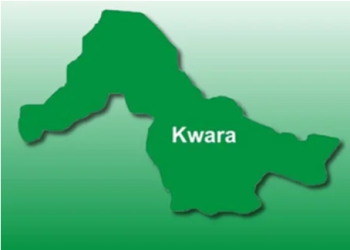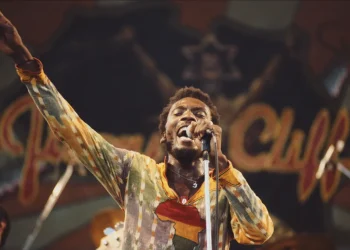ABUJA — A hush of anxiety has settled over Nigeria’s political and business elite after President Bola Tinubu ordered the withdrawal of police escorts from Very Important Persons (VIPs), directing that the officers be redeployed to core policing duties.
Presidential spokesman Bayo Onanuga announced the directive on Sunday, saying VIPs who still require close protection should henceforth request armed details from the Nigeria Security and Civil Defence Corps (NSCDC), not the police.
Since then, senior officers say police headquarters has been inundated with calls from worried VIPs seeking clarification and expressing doubts about their safety amid worsening insecurity.
According to one source, a prominent beneficiary of police escorts likened being guarded by NSCDC personnel to “engaging boy scouts”, insisting that mobile policemen are better trained and more battle-ready.
Another VIP who spoke on condition of anonymity admitted the long-standing escort culture is problematic but argued that a blanket withdrawal could have unintended consequences.
“The practice comes at a high cost to the public, yes,” he said. “But simply yanking escorts from high-profile figures, without a broader security strategy, risks deepening the sense of fear in society.”
Serving officers say the president’s order touches a raw nerve in the force. One police source told Vanguard the key question is whether VIP protection has already hollowed out frontline policing.
“In a country grappling with insurgency, armed robbery, kidnapping and communal clashes, assigning officers to people who can afford private security is a serious concern,” he said. “Patrol teams are understaffed, response times are slow, and officers are often pulled from high-crime areas just to do convoy duty.”
A senior officer at Force Headquarters added: “We have cases where an entire unit spends the day escorting a governor or businessman. Their home zones are left with fewer men to patrol. It’s a major logistical challenge.”
Human rights activist Tony Udemmadu warned that the escort culture has eroded public trust.
“Ordinary Nigerians see a system where the rich move in armoured convoys while they face bandits and robbers with no police in sight,” he said. “It’s become a symbol of inequality.”
Yet the move has drawn sharp criticism from the African Democratic Congress (ADC), which called it “political theatre” that confuses optics with policy.
Spokesperson Mallam Bolaji Abdullahi noted that similar orders were issued twice this year “with nothing happening”, and argued that even if 100,000 officers were freed from VIP duty, most are neither trained nor equipped for complex counter-insurgency.
“A country battling terrorism, banditry, mass abductions and violent crime cannot afford to confuse public relations for policy,” he said. “The numbers are not the main problem. Capability is.”
As the police high command works out the modalities — and keeps silent on timelines — the elite are scrambling for answers, and ordinary Nigerians are watching to see whether this time, the promise to put more officers back on the streets will finally stick.






















